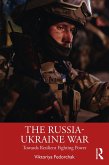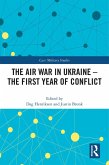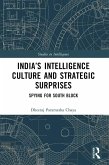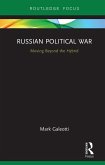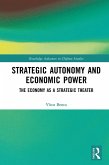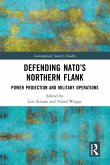Dieser Download kann aus rechtlichen Gründen nur mit Rechnungsadresse in A, B, BG, CY, CZ, D, DK, EW, E, FIN, F, GR, HR, H, IRL, I, LT, L, LR, M, NL, PL, P, R, S, SLO, SK ausgeliefert werden.
Derek Averre, University of Birmingham, UK
'This excellent new book makes a valuable contribution to our understanding of the Russian way of war. Extensively researched, it explores the beliefs that underpin Russia's strategic and military choices, focusing on the decision to use force in Georgia, Ukraine and Syria. Essential reading for those seeking to understand how and why Russia has used military force in the 21st century.'
Tracey German, King's College London, UK
'This book is a timely and important contribution to scholarship on Russian military thinking and the role of non-material factors in Russia's foreign relations. Fasola combines both empirical precision with real-world application to the events that shape Moscow's perceptions and motivations.'
Marc Ozawa, NATO Defence College, Rome, Italy
'This book is an invitation to a serious and highly nuanced talk about the fundamental fulcrum of Russian foreign policy - its strategic culture. It perfectly illustrates how Russian decision-makers' perceptions of themselves and the world, their 'operational code', shape official discourse and policies.'
Igor Gretskiy, International Centre for Defence and Security, Estonia




